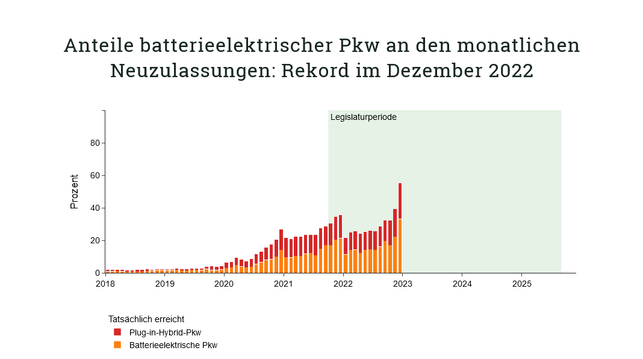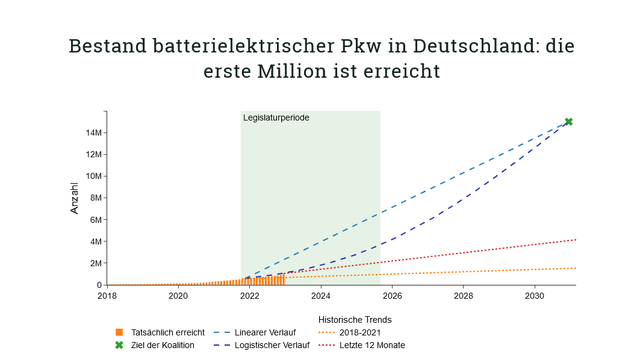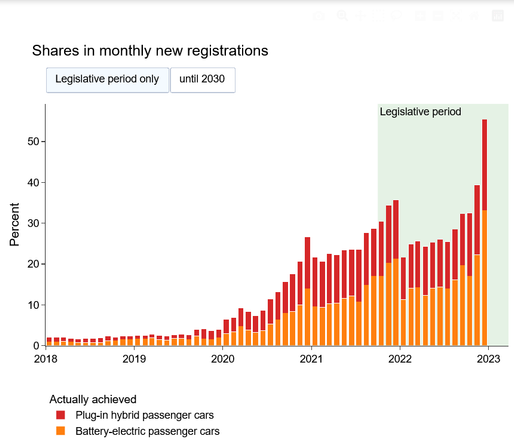#GermanEnergyFact #9 ctd.
The wholesale price increase was driven by a surge in natural #gas prices.
Further, low generation from hydro power and French nuclear contributed to high prices.
Generators with low marginal costs have benefited a lot from this - which lead to a EU-wide temporary revenue cap for generators.
Any technology that could offer temporal #flexibility must have made tons of money in 2022. Probably a golden year for electricity #storage and other flex technologies!




